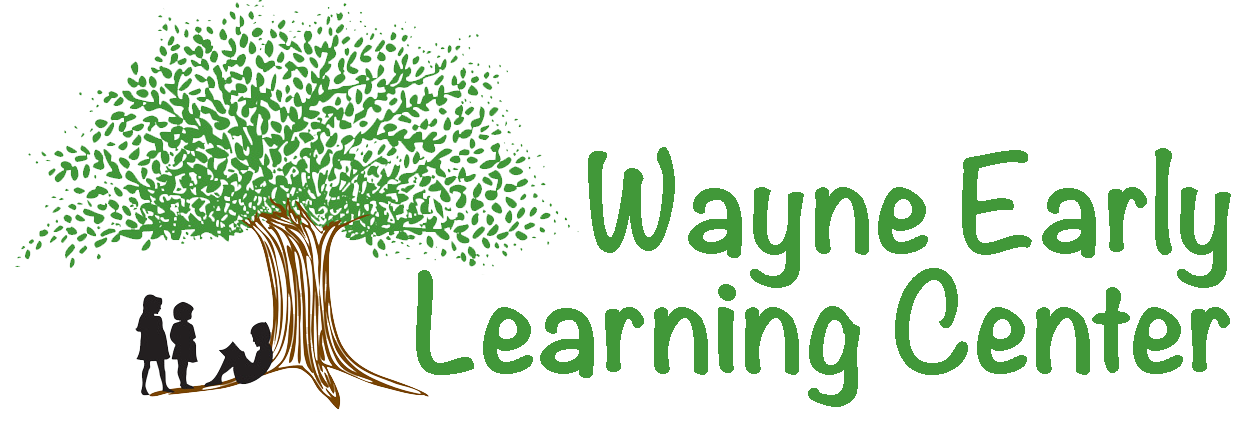
Child Development: The Importance of Tracking Milestones
As parents, caregivers, or educators, we all want the best for our children. We celebrate their first smile, first words, and first steps—but how do we know if they’re developing on track? That’s where milestone checks come in. These regular assessments of a child’s development help ensure that little ones are growing and learning as expected during those crucial early years. Here at WELC, we use the Ages & Stages Questionnaire to measure where a child is at.
What Are Developmental Milestones?
Developmental milestones are specific skills or behaviors most children can do by a certain age. These typically fall into categories like:
- Social and emotional (e.g., smiling at people, showing affection)
- Language and communication (e.g., babbling, saying simple words)
- Cognitive (e.g., following simple instructions, problem-solving)
- Motor skills (e.g., crawling, walking, holding objects)
Why Are Milestone Checks Important?
1. Early Detection of Delays
One of the biggest benefits of milestone checks is early identification of developmental delays. The earlier a delay is spotted, the sooner intervention can begin—often resulting in better long-term outcomes. For instance, children with speech delays can make significant progress with early speech therapy.
2. Individualized Support
Every child develops at their own pace, but milestone checks can help pinpoint specific areas where a child may need more support. This allows parents and professionals to tailor learning experiences and care to meet the child’s unique needs.
3. Peace of Mind for Parents
Knowing your child is on track—or getting help when they’re not—brings peace of mind. Regular checks reduce the guesswork and help parents feel confident in the steps they’re taking to support their child’s growth.
4. Better Preparation for School
Children who meet developmental milestones on time are more likely to be ready for preschool and kindergarten. Milestone checks help ensure children are equipped socially, emotionally, and cognitively to succeed in a classroom environment.
5. Improved Long-Term Outcomes
Studies have shown that early intervention for developmental delays can positively impact a child’s academic success, social skills, and even long-term mental health. Regular milestone monitoring lays the foundation for a healthier, happier future.

